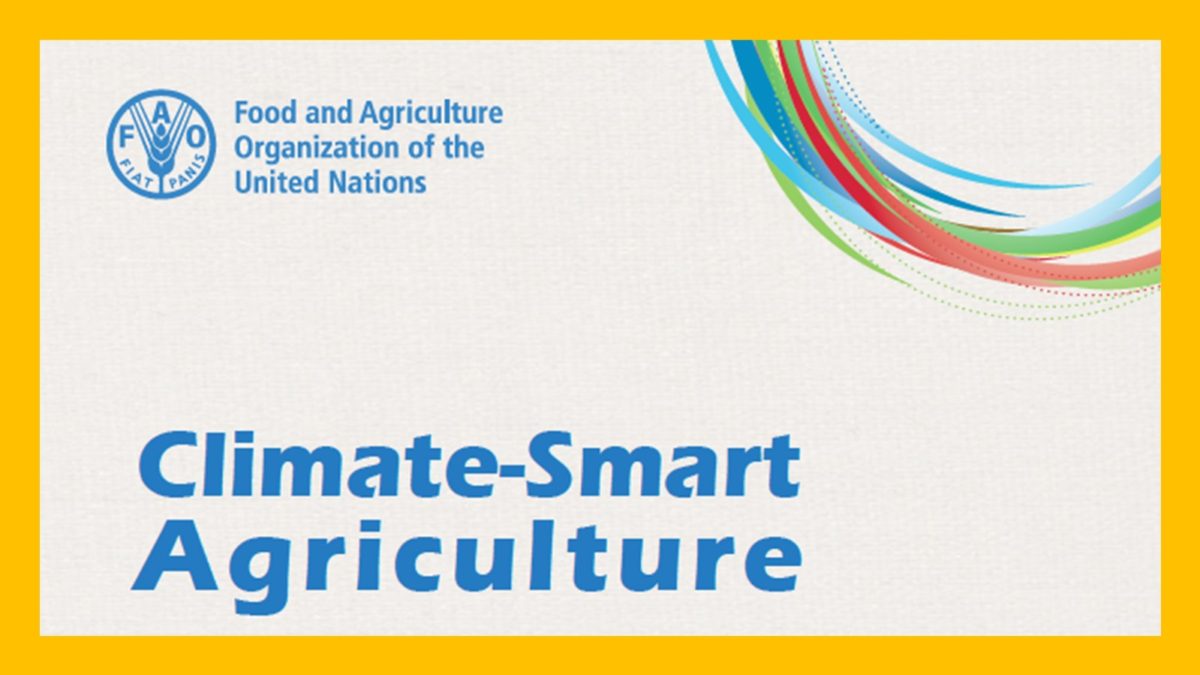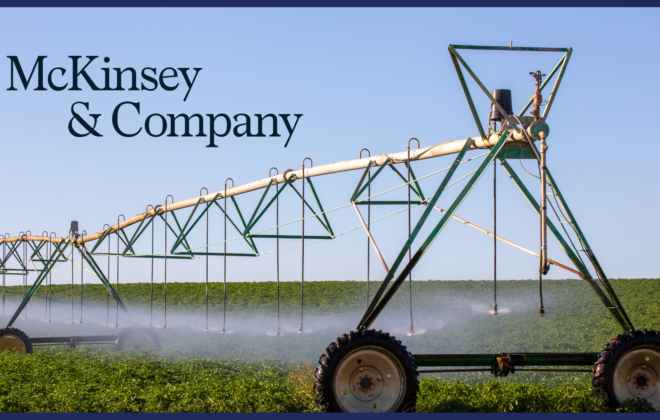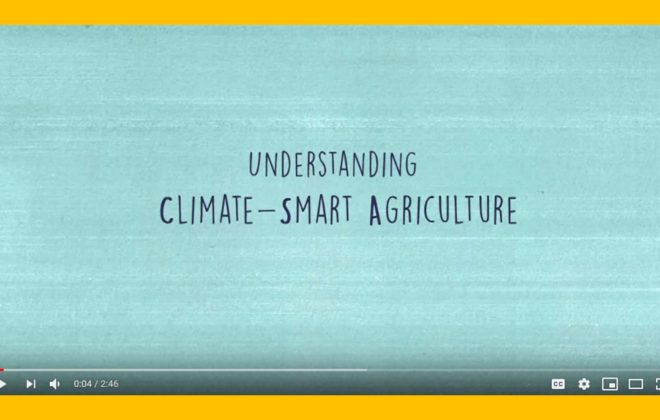Climate-Smart Agriculture 2018 Case Studies
The Food and Agriculture Organization of the United Nations (FAO) published 10 successful case-studies showing how the Climate-Smart Agriculture approach has been applied in the regional context to benefit both the agricultural sectors and farming communities.
Climate-Smart Agriculture (CSA) is an approach that focuses on the farmer, fisher and/or herder. It seeks ways to improve the farmer’s productivity and income. It is an approach that helps farmers to adapt to a changing climate and contributes to the mitigation of greenhouse gas (GHG) emissions.
The aim of this publication is to provide the best FAO-led examples of how the CSA is not a “one-size-fits-all” approach that can be universally applied but, rather, involves different elements embedded in local contexts.
The ten successful case studies presented here show how the CSA approach has been applied in the regional context to benefit both the agricultural sectors and farming communities. By definition, the CSA approach pursues three pillars: to sustainably increase agricultural productivity and improve farmers’ incomes; to build resilience and adaptation to climate change; and to reduce and/or remove GHG emissions, where possible.
![]() Click here to access the publication.
Click here to access the publication.





